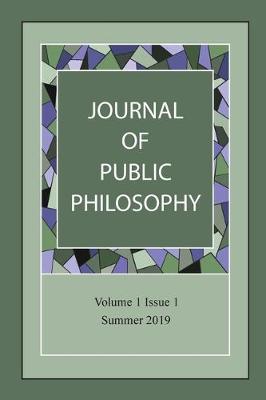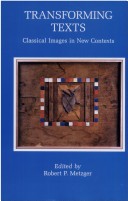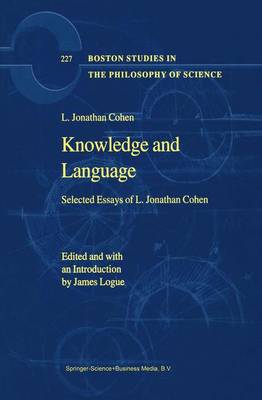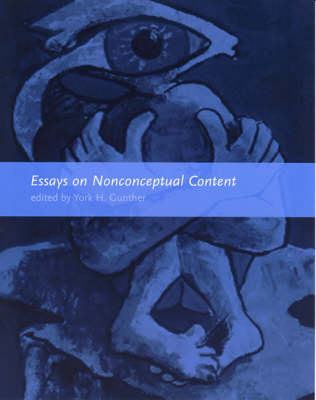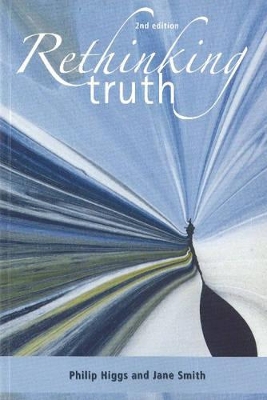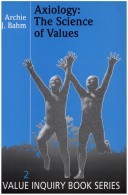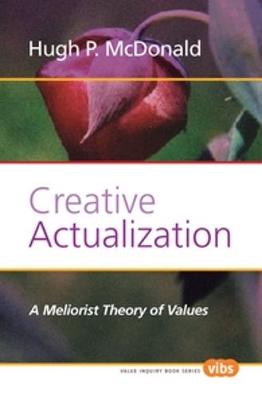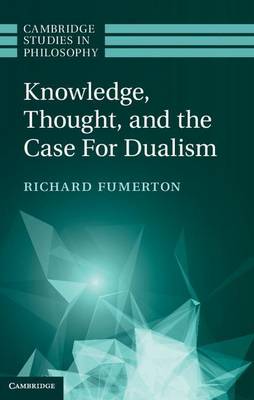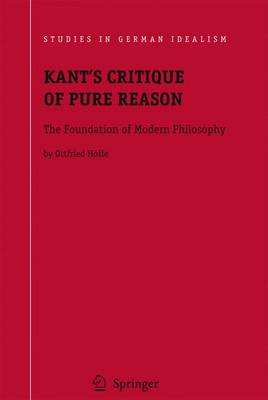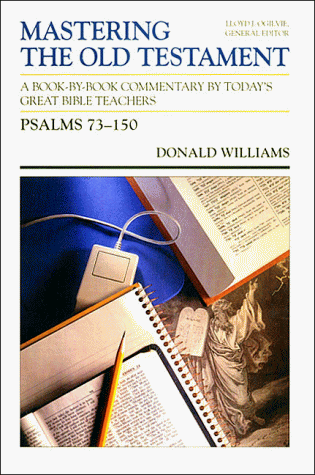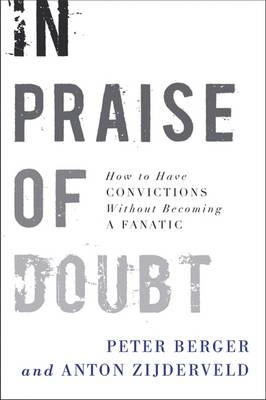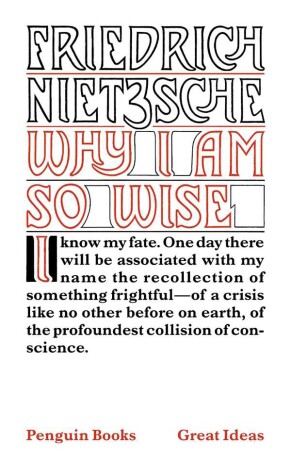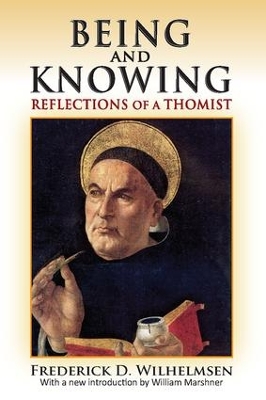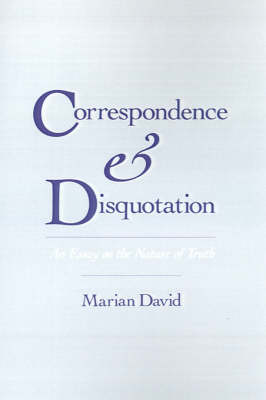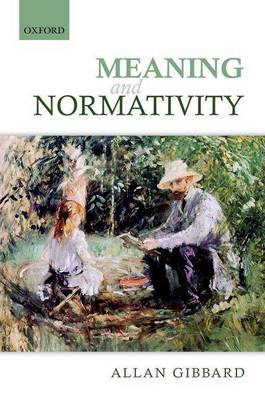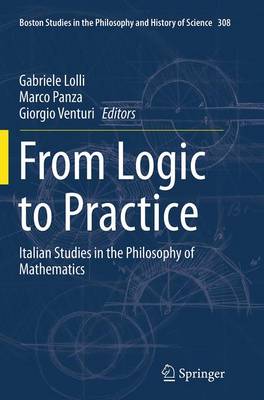Philosophy, Russell argues, is concerned with the universe as a whole. He reveals how the world in which we seem to live differs from reality and makes clear how scientific advance has transformed our concept of the world.
Transforming Texts
The ancient gods were capable of changing or altering themselves endlessly, and it is this transformative power which they share with the great texts of philosophy, science, and art. The collection of essays in this anthology have been embued by their authors with this same transformative power. Illustrated.
A collection of essays that sets forth the moral principles of Objectivism, Ayn Rand's controversial, groundbreaking philosophy. Since their initial publication, Rand's fictional works—Anthem, The Fountainhead, and Atlas Shrugged—have had a major impact on the intellectual scene. The underlying theme of her famous novels is her philosophy, a new morality—the ethics of rational self-interest—that offers a robust challenge to altruist-collectivist thought. Known as Objectivism, her divisive phi...
Knowledge and Language (Boston Studies in the Philosophy and History of Science, #227)
by L. Jonathan Cohen
I am very grateful to Kluwer Academic Publishers for the opportunity to republish these articles about knowledge and language. The Introduction to the volume has been written by James Logue, and I need to pay a very sincerely intended tribute to the care and professionalism which he has devoted to every feature of its production. My thanks are also due to Matthew MeG rattan for his technical as sistance in scanning the articles onto disk and formatting them. 1. Jonathan Cohen vii Publisher's No...
Essays on Nonconceptual Content (Bradford Books)
According to the widespread conceptualist view, all mental contents are governed by concepts an individual possesses. In recent years, however, an increasing number of philosophers have argued for the indispensability of nonconceptual content based on perceptual, emotional, and qualitative experiences; informational and computational states; memory; and practical knowledge. Writers from disciplines as varied as the philosophy of mind, cognitive science, artificial intelligence, epistemology, lin...
What is truth? Can it be discovered objectively, as science claims? Or is truth a created, highly contested and changing entity, lasting but a moment? Is there more than one truth? Do we pursue it or does it pursue us? People have sacrificed their lives for it. What is it about truth that can elicit such a reaction? Think about it: 'The truth or truths we accept determine what our lives are and will be'. The contemporary world is full of contradictions. Starvation, Aids, illiteracy and serial ki...
This book expounds the basic principles of Axiology as a major field of philosophical inquiry. Those principles can be discovered and demonstrated by scientific method. In treating scientific inquiry the book throws light on what values are and how they are known. It explores questions of Good and Bad, Ends and Means, and Appearance and Reality as applied to values. Axiology, argues the author, provides the basis for ethics as the science of oughtness: the power that a greater good has over a le...
Creative Actualization (Value Inquiry Book Series / Studies in Pragmatism and Values, #224)
by Hugh P. McDonald
This book presents a major new value theory, value as creative actualization. The book takes a radically new approach to values. All potential values, whether artistic, scientific, political, or economic must be creatively actualized in the world. The theory argues for an active view in which value involves creation of novelties and thereby changes the world in some respect. Thus value is neither transcendent nor subjective, as a good of some sort has emerged in the world. Moreover, creative act...
Volume 15, Tome IV: Kierkegaard's Concepts (Kierkegaard Research: Sources, Reception and Resources)
by Steven M. Emmanuel, William McDonald, and Dr. Jon Stewart
Kierkegaard’s Concepts is a comprehensive, multi-volume survey of the key concepts and categories that inform Kierkegaard’s writings. Each article is a substantial, original piece of scholarship, which discusses the etymology and lexical meaning of the relevant Danish term, traces the development of the concept over the course of the authorship, and explains how it functions in the wider context of Kierkegaard’s thought. Concepts have been selected on the basis of their importance for Kierkegaar...
An old man sits in a room, with a single door and window, a bed, a desk and a chair. Each day he awakes with no memory, unsure of whether or not he is locked into the room. Attached to the few objects around him are one-word, hand-written, labels and on the desk is a series of vaguely familiar black-and-white photographs and four piles of paper. Then a middle-aged woman called Anna enters and talks of pills and treatment, but also of love and promises. Who is this Mr Blank, and what is his fate?...
Knowledge, Thought, and the Case for Dualism (Cambridge Studies in Philosophy)
by Professor Richard Fumerton
Kant's Critique of Pure Reason (Studies in German Idealism, #10)
by Otfried Hoeffe
Kant’s "Critique of Pure Reason" is so outstanding among modern philosophical works, that it can be termed "the" foundation of modern philosophy. Schopenhauer termed it "the most important book ever to have been written in Europe." Otfried Höffe guides the reader through the "Critique" one step at a time, expounding Kant’s thoughts, submitting them to an interpretation and drawing a summary conclusion, placing the work and its topics within the context of its modern successors. A "critical" inte...
Mastering the Old Testament (Mastering the Old & New Testament)
by Donald Williams
Why I Am So Wise (Great Ideas) (Penguin Great Ideas)
by Friedrich Wilhelm Nietzsche
Throughout history, some books have changed the world. They have transformed the way we see ourselves-and each other. They have inspired debate, dissent, war and revolution. They have enlightened, outraged, provoked and comforted. They have enriched lives-and destroyed them.Now, Penguin brings you the works of the great thinkers, pioneers, radicals and visionaries whose ideas shook civilization, and helped make us who we are. Penguin's Great Ideas series features twelve groundbreaking works by s...
Being and Knowing (The Library of Conservative Thought)
by Frederick D Wilhelmsen
Frederick D. Wilhelmsen's Being and Knowing, rooted in the philosophy of St. Thomas Aquinas, rests on two basic assertions: first, metaphysics is the science of being in its first and ultimate act, existence (the act by which all things manifest themselves); second, that existence is known not through observing objects, but in affirming through judgments that these objects are subjects of existence. The chapters of this book explore these Thomistic doctrines. Some explain St. Thomas Aquinas's p...
Marian David defends the correspondence theory of truth against the disquotational theory of truth, its current major rival. The correspondence theory asserts that truth is a philosophically rich and profound notion which needs serious explanation. Disquotationalism is a radically deflationary philosophy of truth inspired by Tarski and propagated by Quine and others. It rejects the correspondence theory, insists truth is anemic, and advances an "anti-theory" of truth that is essentially a col...
Meaning and Normativity
by Richard Brandt University Professor of Philosophy Allan Gibbard
The Mind's Provisions (New French Thought)
by Directeur Vincent Descombes
From Logic to Practice (Boston Studies in the Philosophy and History of Science, #308)
This book brings together young researchers from a variety of fields within mathematics, philosophy and logic. It discusses questions that arise in their work, as well as themes and reactions that appear to be similar in different contexts. The book shows that a fairly intensive activity in the philosophy of mathematics is underway, due on the one hand to the disillusionment with respect to traditional answers, on the other to exciting new features of present day mathematics. The book explains h...
